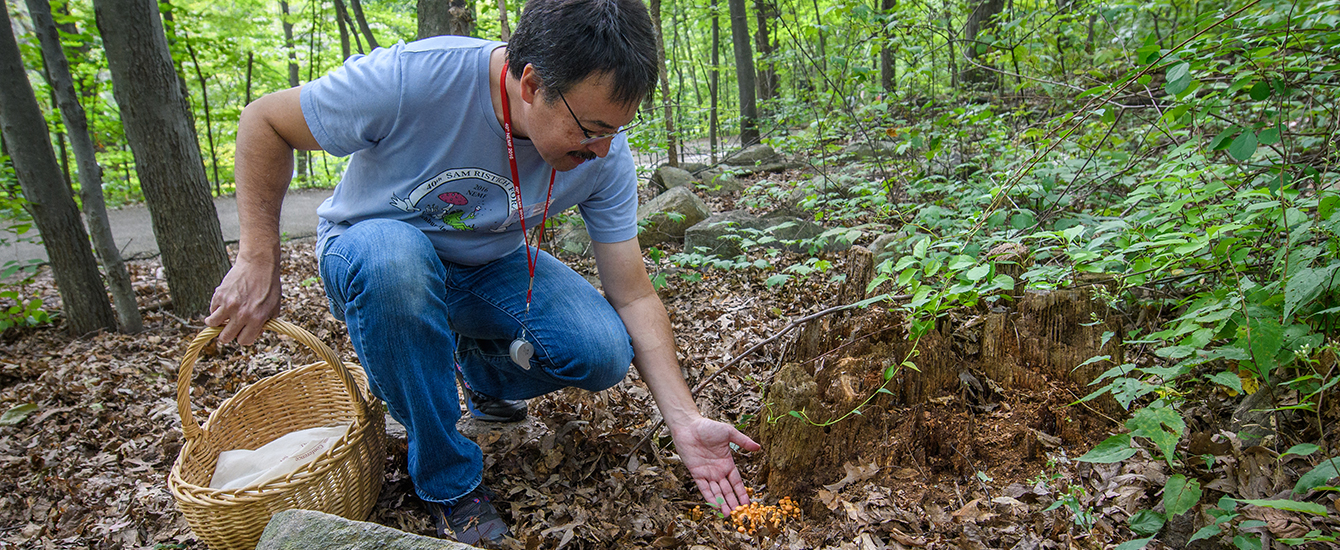Biology
Convergent evolution of elongate forms in craniates and of locomotion in elongate squamate reptiles
Document Type
Conference Paper
Abstract
Elongate, snake- or eel-like, body forms have evolved convergently many times in most major lineages of vertebrates. Despite studies of various clades with elongate species, we still lack an understanding of their evolutionary dynamics and distribution on the vertebrate tree of life. We also do not know whether this convergence in body form coincides with convergence at other biological levels. Here, we present the first craniate-wide analysis of how many times elongate body forms have evolved, as well as rates of its evolution and reversion to a non-elongate form. We then focus on five convergently elongate squamate species and test if they converged in vertebral number and shape, as well as their locomotor performance and kinematics. We compared each elongate species to closely related quadrupedal species and determined whether the direction of vertebral or locomotor change matched in each case. The five lineages examined are obscure species from remote locations, providing a valuable glimpse into their biology. They are the skink lizards Brachymeles lukbani, Lerista praepedita, and Isopachys anguinoides, the basal squamate Dibamus novaeguineae, and the basal snake Malayotyphlops cf. ruficaudus. Our results support convergence among these species in the number of trunk and caudal vertebrae, but not vertebral shape. We also find that the elongate species are relatively slower than their limbed counterparts and move with lower frequency and higher amplitude body undulations, with the exception of Isopachys. This is among the first evidence of locomotor convergence across distantly related, elongate species.
Publication Title
Integrative and Comparative Biology
Publication Date
7-1-2020
Volume
60
Issue
1
First Page
190
Last Page
201
ISSN
1540-7063
DOI
10.1093/icb/icaa015
Keywords
lizards, biomechanics, Phylogeny, Brachymeles lukbani, Lerista praepedita, Isopachys anguinoides, Dibamus novaeguineae, Malayotyphlops cf. ruficaudus
Repository Citation
Bergmann, Philip J.; Mann, Sara D.W.; Morinaga, Gen; Freitas, Elyse S.; and Siler, Cameron D., "Convergent evolution of elongate forms in craniates and of locomotion in elongate squamate reptiles" (2020). Biology. 85.
https://commons.clarku.edu/faculty_biology/85
Cross Post Location
Student Publications



